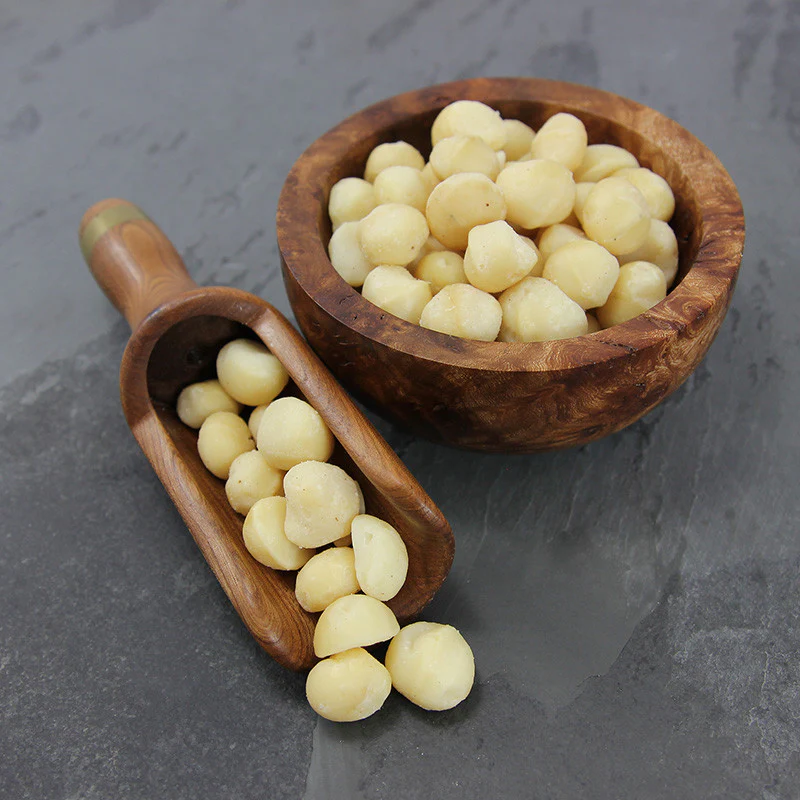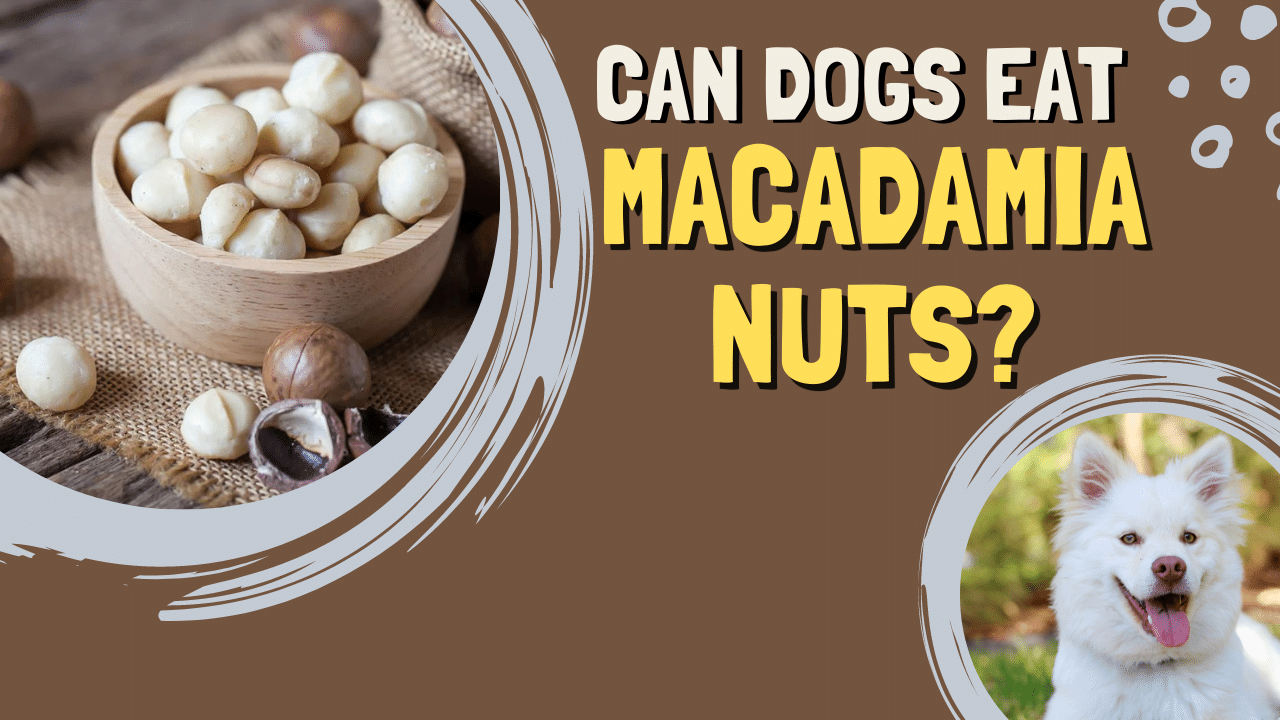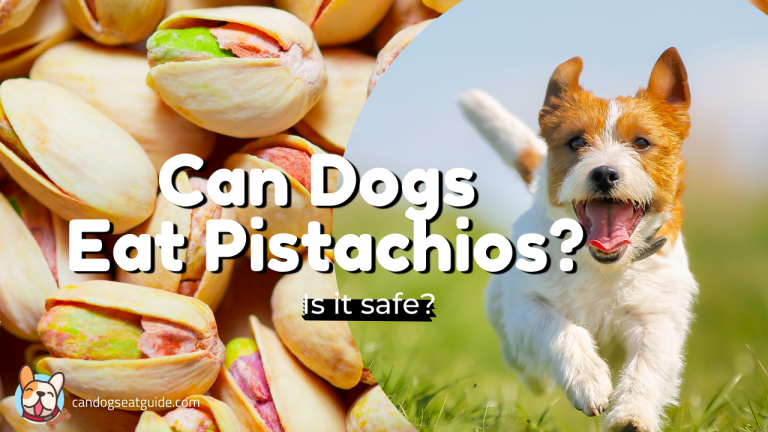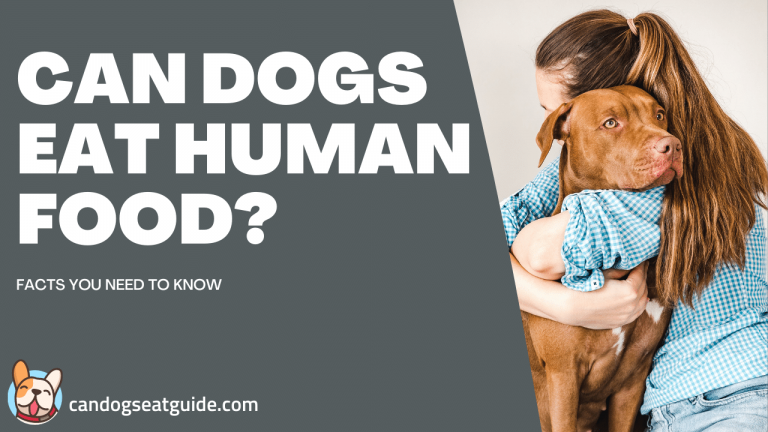If you think of making cookies with macadamia nuts, ensure your dog doesn’t have access to the nuts and any food that contains them.
You will probably be like why? Can dogs eat macadamia nuts safely?
It occurs that macadamia nuts are very dangerous for the health condition of dogs.
So before giving your dog any store-bought baked goods like cookies, muffins, and even mixes, read the label. If it contains macadamia nuts then it should be eaten only by you because they are not toxic to humans.
What Are Macadamia Nuts?
Macadamia is a tree from Australia, more specifically New South Wales and Queensland.
Macadamia nuts were first commercially produced in Hawaii by Australian seeds.
Macadamia nuts are also known as Queensland nuts, bush nuts, maroochi nuts, bauple nuts, and Hawaiian nuts.

Macadamia nuts are totally safe for humans and have a lot of beneficial nutrients for us. They are low in fats (fewer fats than most nuts) and carbs but rich in protein and fiber. They are also rich in antioxidants and vitamins.
Macadamia nuts are an ingredient that is very often used in trail mixes and sweet baked goods. You should always check the ingredient list for these nuts if you want to share them with your doggo.
Can Dogs Eat Macadamia Nuts?
Dogs can’t and shouldn’t eat macadamia nuts!
It is still unknown why macadamia nuts cause poisoning in dogs. Other examples of unknown reasons for poisoning are raisins and grapes.
There is one more reason why dogs shouldn’t eat macadamia nuts. It’s because they are larger in size than some other nuts but still small for dogs and by eating these nuts they can get choked and at the same time, dogs can’t even chew them properly. By not chewing them properly they can get an intestinal blockage.
But we have good news, in most cases, dogs get fine in a few days after a good treatment. They recover fully in a week and they are again as active as before and back to normal themselves.
Toxicity in Dogs
It’s still not known why macadamia nuts are toxic to dogs. Depending on the sensitivity of your dog’s stomach the needed amount of toxic reaction varies. But that doesn’t mean that a little bit of macadamia is safe for dogs.

No matter how many macadamia nuts your dog had – even if it is one – it will experience some of the symptoms of poisoning, it just can be after more hours.
That’s why it’s important if you decide to give your doggo some baked goods to read the label first, even if macadamia is at the end of the list, this food shouldn’t be given to any dog.
Macadamia poisoning shouldn’t be left untreated.
Signs of Macadamia Nut Poisoning in Dogs
Signs of macadamia nut poisoning usually show up after 3 to 12 hours of eating them and can last for a few days while being treated. Dogs have shown signs after ingesting 2.4 g of nuts/kg body weight.
Symptoms of macadamia poisoning include:
- vomiting
- abdominal pain
- weakness in the back legs
- diarrhea
- constantly shaking body
- pancreatitis
- muscle tremors
- lack of appetite
- decreased activity level
- ataxia (lack of coordination)
- CNS depression
- hyperthermia (high body temperature)
What is ataxia?
The most common and easily viewed sign of ataxia is the difficulty dogs can experience to stay on their legs. Then they can easily lose balance and the dogs look uncoordinated.
Other symptoms of ataxia are:
- head tilting
- clumsiness
- stumbling
Dogs with ataxia are unable to feel where exactly their feet are and that’s why they can’t flip them over.
What is CNS depression?
Central nervous system depression is a very common sign of toxicity. It is characterized by less motor activity, incoordination, and exhaustion.
What is hyperthermia?
Hyperthermia is a very high temperature that occurs when dogs can’t self-regulate their body temperature. It’s different from fever because fever occurs when the body is fighting an infection.
Signs:
- the dog is searching for a cool place to lay
- frog-leg position – to cool the tummy area
- sweaty feet
- high heart rate
- high pulse rate

Some cases of macadamia nut poisoning can be mild and dogs have only a few symptoms and they are as abdominal pain or vomiting. But some cases are much more serious and dangerous and then dogs experience most of the signs and things don’t look good at all.
That’s why it’s important to seek medical help immediately when you notice that something is wrong. If this poisoning is left untreated it can lead to a temporarily lost of function in the back legs.
When You Should Search For Medical Help For Your Dog?
If you know that your dog had eaten even one or two macadamia nuts, call your vet immediately. As soon as possible you should search for medical advice then because in some cases it doesn’t need treatment in a veterinary clinic, it can be treated at home too.
If you notice any of the signs and you are sure your dog had macadamia then it’s best to go directly to the clinic as it should be examined properly for the level of toxicity.
If the poisoning is caught in the first few hours then vomiting can be induced by the vet and further symptoms can be stopped.
Treatment of Macadamia Nut Poisoning
How to know if my dog really has macadamia nut poisoning?
If your vet has doubts about macadamia poisoning, it’s actually very easy to check it. By making a blood test, it can be checked the serum lipase activity – an enzyme that makes sure the fat gets broken down – if it’s elevated then dogs had eaten macadamia nuts or food containing them.
Treatment
Sometimes treatment can be done at home with activated charcoal and/or cathartic medication like sorbitol to make nuts go faster through the digestive system of your dog.
But if the case of poisoning is more serious then it would require a stay at a vet clinic and of course more serious treatment.
In very rare cases vets recommend IV (intravenous) fluids.
Are There Any Other Toxic Nuts to Dogs?
The most toxic nut is macadamia, but due to the high level of fat, nuts aren’t that safe. All nuts can lead to an upset stomach, vomiting, and diarrhea. Eating a lot of nuts can lead to pancreatitis.
Let’s see the other toxic nuts:
- acorns – contain tannins – the same toxin that is found in a pomegranate;
- it can lead to bloody diarrhea if eaten in big amounts
- pecans and walnuts
- these moldy nuts are toxic only if they are left on the ground for a long time
- castor beans – contain ricin;
- similar symptoms as macadamia toxicity
- but this toxicity can lead to a fatal end
- buckeyes – contain tannic acid
- symptoms are diarrhea, vomiting, and gastrointestinal upset
Peanuts and peanut butter are considered safe for dogs if given in moderation.
Wrapping Up
It is safer for your dog to stay away from macadamia nuts and foods containing them as an ingredient.
Tell us if your dog had macadamia nuts in the past and what treatment it had gotten. Let us know if you want some other topic to be viewed too.
Video Answer – Can Dogs Eat Macadamia Nuts?
FAQs
Can dogs have macadamia nuts milk?
Macadamia milk contains macadamia nuts which are toxic to dogs, so milk is toxic too. As it is made of soaked in water nuts, then made in a puree, and then just filtered. Another reason why macadamia milk is bad for dogs is the high level of fats in it.
Can dogs eat macadamia nuts shells?
Dogs shouldn’t eat any nut shells as they can cause choking hazards and tears throughout the whole digestive tract.
Can dogs eat macadamia nuts oil?
Macadamia oil is as poisonous as macadamia nuts themselves.
No, dogs can’t and shouldn’t eat cookies that contain macadamia nuts, also even simple cookies are too high in sugar for dogs.
These types of cookies contain two very dangerous ingredients for dogs – macadamia nuts and chocolate. Both are poisonous for dogs.









